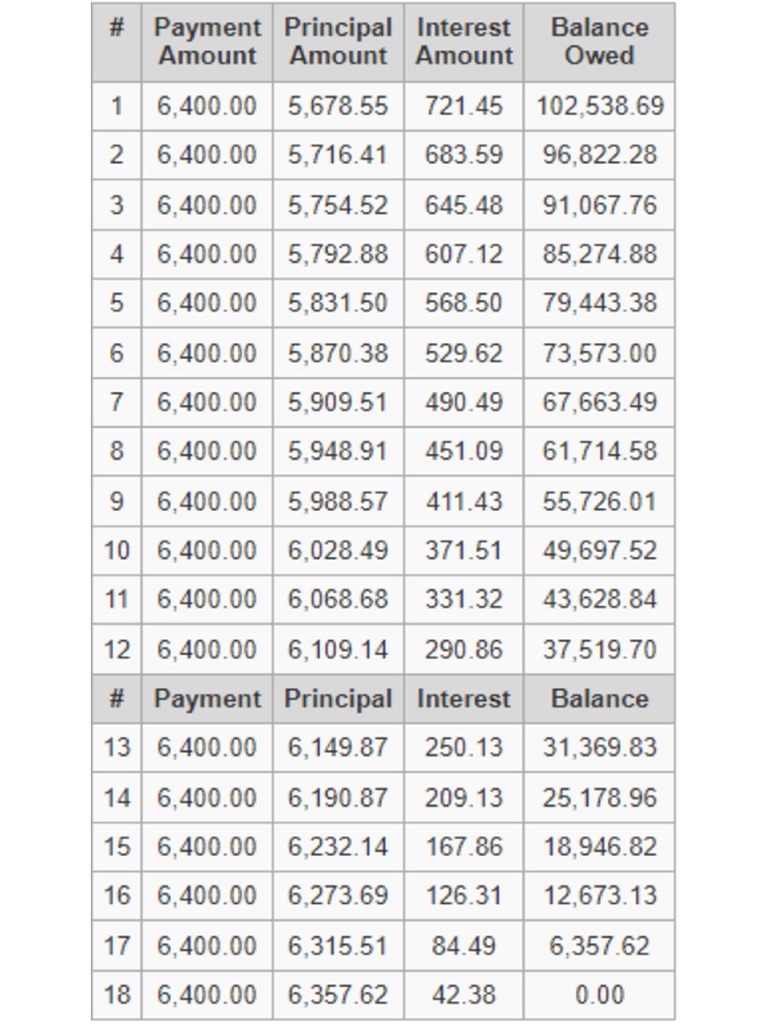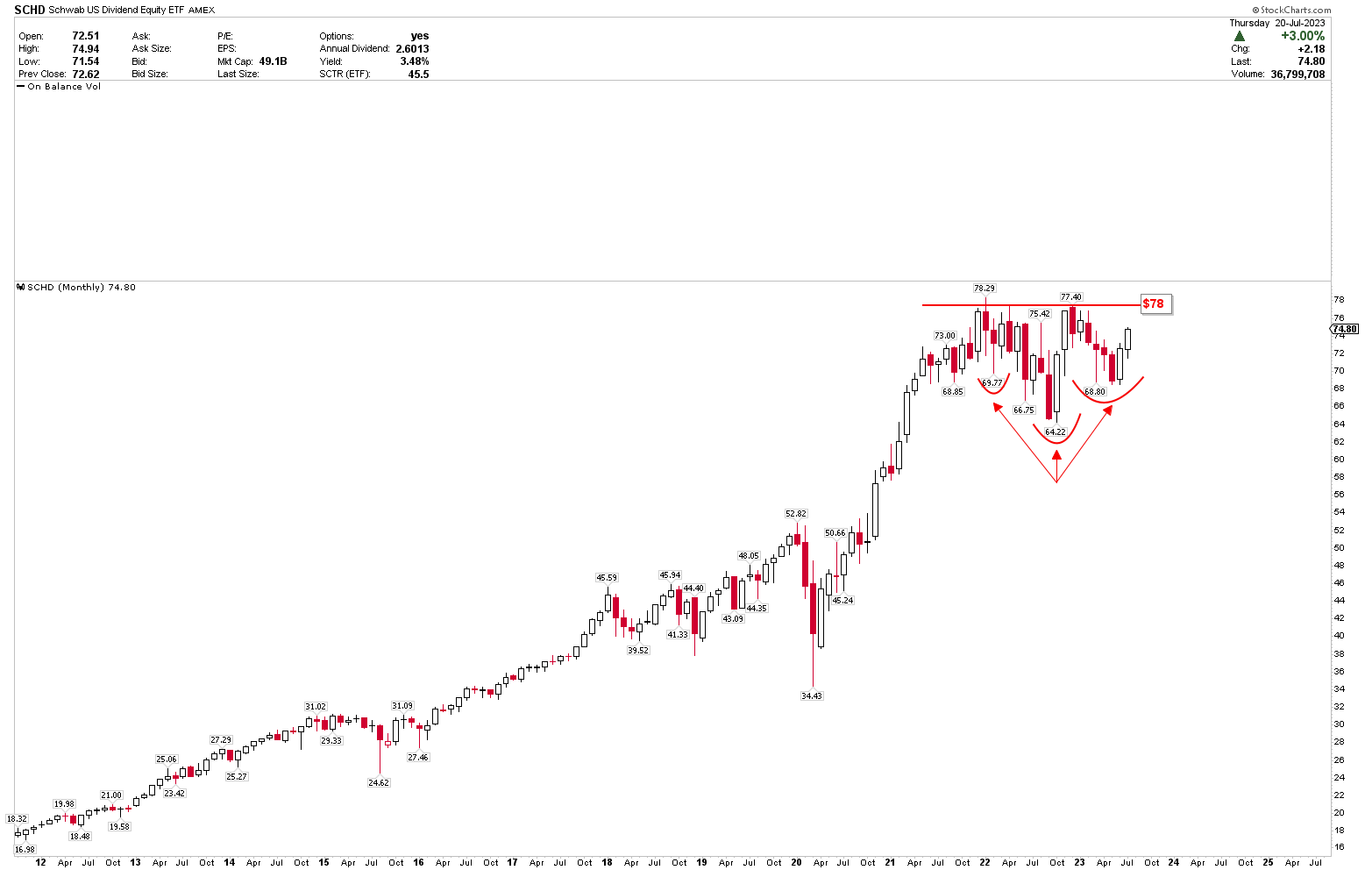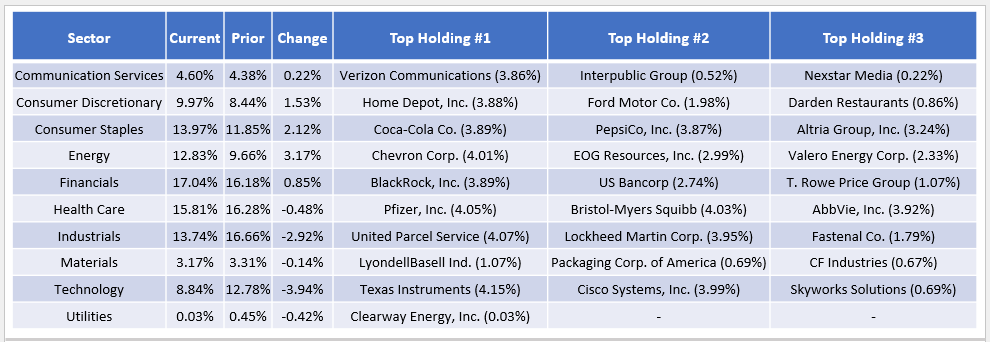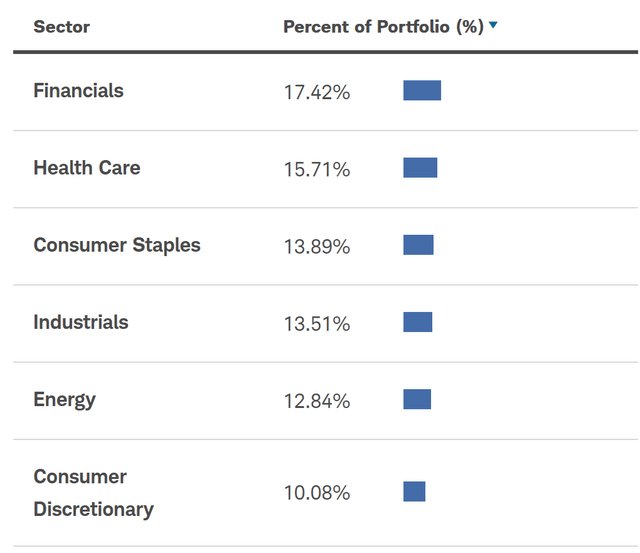Table of Contents
- I'm the guy that made that SCHD post... Here is a better visualization ...
- SCHD Gains Momentum As A Strong Buy (Technical Analysis) | Seeking Alpha
- SCHD: I Was Wrong; It's Still A Loser In Today's Market | Seeking Alpha
- Sched | PDF
- SCHD가 주목받는 이유는 바로 이것입니다 - YouTube
- "Discover the Latest Top 10 Holdings of SCHD You Need to Know About!" # ...
- Sched 3 | PDF
- SCHD: The Rebalance Is Complete | Seeking Alpha
- Discover the POWER of SCHD: A Dividend Growth ETF! - YouTube
- Time to Sell SCHD?! (Why SCHD Is Down) - YouTube



What is SCHD and How Does it Work?



What Changed in the Rebalancing?




What Does This Mean for Investors?
The rebalancing of SCHD may have a significant impact on investors, both positively and negatively. Some of the key implications include: Potential for increased dividend income: The addition of new high-dividend-paying stocks may lead to an increase in the overall dividend yield of the ETF Changes in sector allocation: The rebalancing may result in a shift in the sector allocation of the ETF, which could affect its overall performance Increased diversification: The addition of new stocks and the removal of others may lead to a more diversified portfolio, reducing the risk of over-exposure to specific industries or companies The recent rebalancing of the Schwab U.S. Dividend Equity ETF (SCHD) is a routine process aimed at maintaining the ETF's dividend-yielding characteristics and ensuring it continues to track the underlying index accurately. While the changes may have a significant impact on investors, they also present opportunities for increased dividend income and diversification. As with any investment, it's essential to carefully consider your individual financial goals and risk tolerance before making any decisions. By understanding the changes and their potential implications, investors can make informed decisions and navigate the ever-changing landscape of the financial markets.For more information on SCHD and other investment opportunities, please visit our website or consult with a financial advisor.
Note: This article is for informational purposes only and should not be considered as investment advice. It's always recommended to consult with a financial advisor or conduct your own research before making any investment decisions.